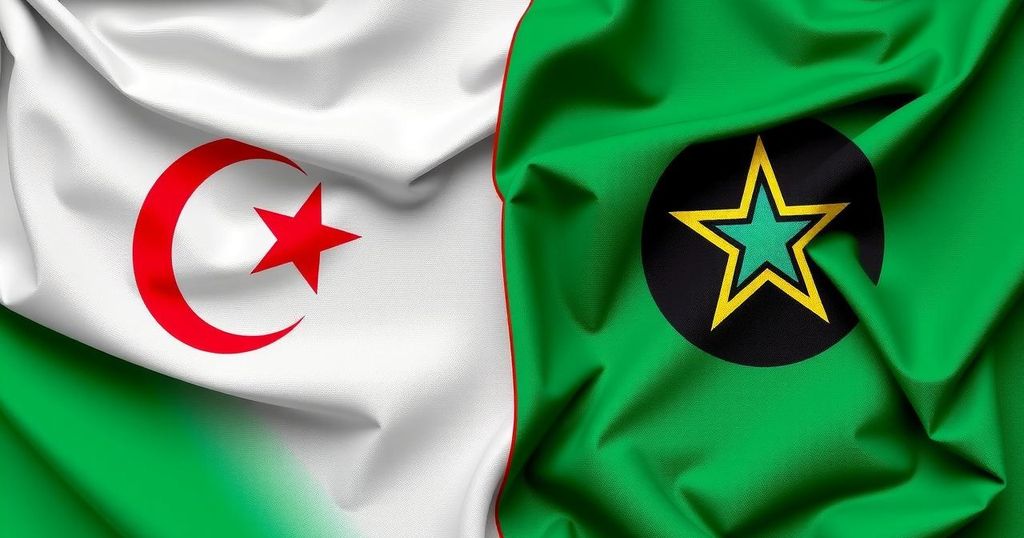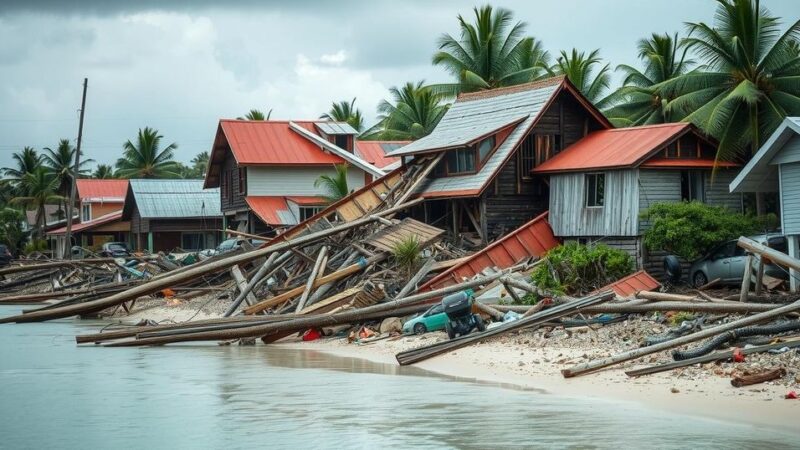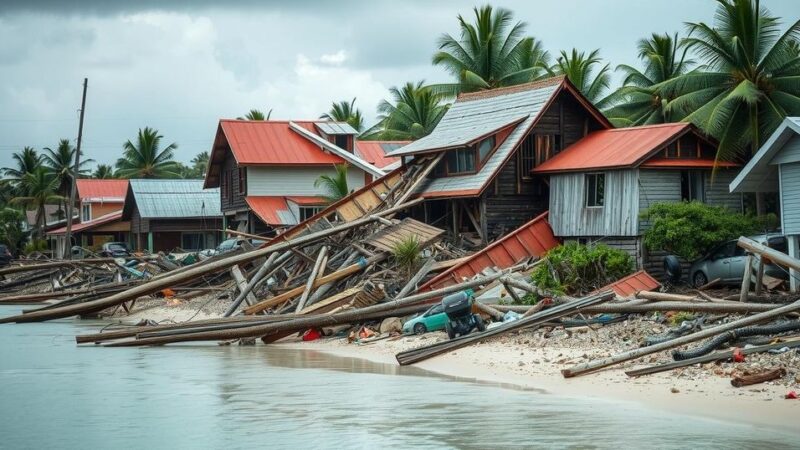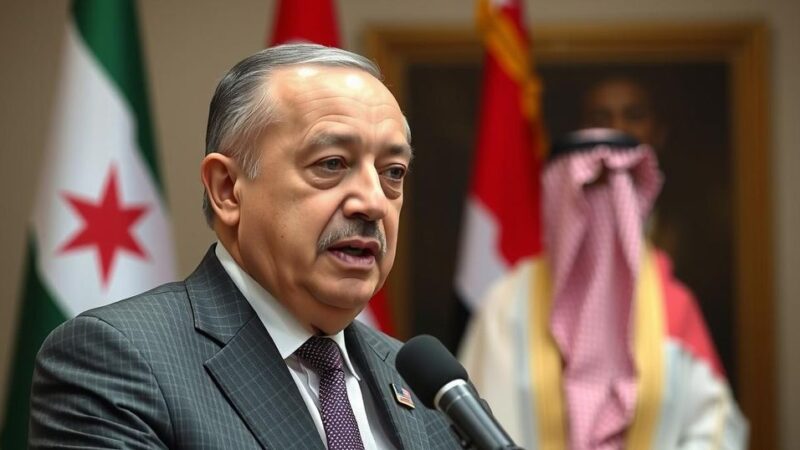Somaliland’s administration disregards the recent Somalia-Ethiopia agreement as it focuses on regional issues. The agreement seeks to address former tensions while ensuring Ethiopia’s sea access without compromising Somali sovereignty. Somaliland’s ruling party emphasizes that this accord is irrelevant to their interests, as they prioritize their own governance and aspirations for international recognition.
The newly established government in Somaliland has expressed its indifference towards a recent agreement made between Somalia and Ethiopia in Ankara. Somaliland officials emphasized their focus on issues that directly affect the northern region of Somalia, rather than external agreements between neighboring countries.
The accord between Somalia and Ethiopia aims to re-assess their diplomatic relations and resolve a year-long period of tension, which was sparked by a Memorandum of Understanding concerning sea access between Addis Ababa and the autonomous region of Somaliland.
Turkish President Recep Tayyip Erdogan facilitated these discussions, leading to an agreement that entails the formation of a technical committee to ensure that Ethiopia’s desires for maritime access do not compromise Somalia’s territorial sovereignty.
Mr. Mohamed Farah Abdi, a spokesperson for Somaliland’s ruling party Waddani, stated unequivocally, “The agreement in Ankara does not concern us. It is between two neighbours and we are Somaliland. It is fine and normal for two brotherly nations to engage, and agree. But it is of no relevance to us.”
He further mentioned the implications of past leadership dynamics, noting that prior to the transition of authority to Abdirahman Mohamed Abdullahi alias Irro, his predecessor had expressed concerns about the handling of relations with Somalia, particularly accusing President Hassan Sheikh Mohamud of stalling Somaliland’s achievements.
The Somaliland region continues to seek international recognition as a separate entity while simultaneously negotiating issues related to its relationship with Ethiopia, which has reportedly offered to start this recognition process in exchange for a strategic access corridor to the Red Sea for military purposes.
The region of Somaliland declared independence from Somalia in 1991, yet it remains internationally unrecognized. Despite its governance structure and relative stability, the quest for formal acknowledgment as a sovereign state has been ongoing. The dynamics between Ethiopia and Somalia have significant implications for Somaliland, particularly regarding its political and economic aspirations. An MoU was signed between Ethiopia and Somaliland in 2022, granting Ethiopia access to the sea, which ignited tension with Somalia. This recent agreement in Ankara seeks to mitigate those tensions and foster diplomatic relations, indirectly affecting Somaliland’s position in regional geopolitics.
In summary, the Somaliland government remains steadfastly focused on its internal governance and the particular issues relevant to its autonomy, viewing the recent agreement between Somalia and Ethiopia as a matter of little concern. While Ethiopia and Somalia negotiate their relationship, Somaliland’s aspirations for international recognition continue to shape its political narrative. The administration’s stance underscores the complexities facing the region amid evolving diplomatic relations.
Original Source: www.garoweonline.com






